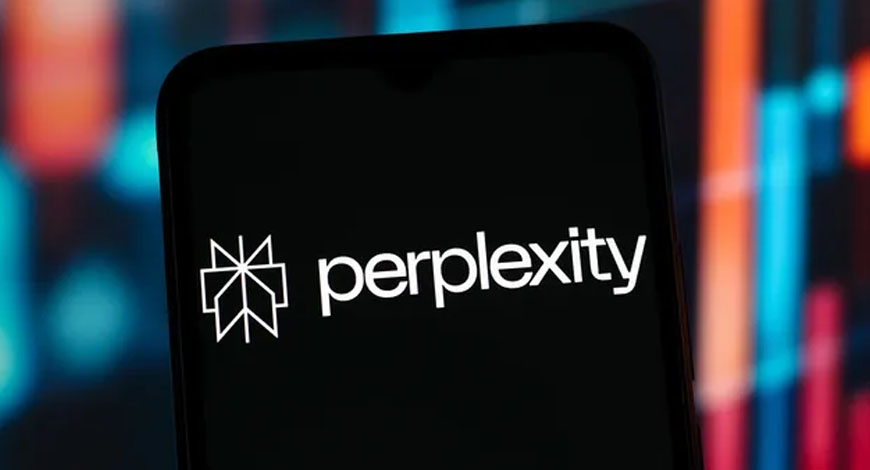In a significant development to the ongoing legal battle over content takedown directives, X Corp (formerly Twitter) informed the Karnataka High Court on Tuesday that Section 79 of the Information Technology (IT) Act permits government officers to block content without any institutional oversight.
Senior Advocate K G Raghavan, appearing for X Corp, submitted before Justice N Nagaprasanna that the union government has empowered thousands of officers across various jurisdictions to issue takedown directions under Section 79 of the IT Act, each interpreting what constitutes “unlawful” or “immoral” content based on personal discretion.
“Unlike Section 69A, which mandates a structured decision-making process through a committee and requires reasons to be recorded in writing, Section 79 permits individual officers to block content without any institutional oversight. This creates arbitrary, inconsistent enforcement and violates Article 14 of the Constitution,” Raghavan argued.
Raghavan asserted that Section 79(3)(b) of the IT Act, often used to justify takedown directives, cannot serve as an independent source of executive power to block content. He emphasised that if at all Section 79(3)(b) is considered a source of such power, it must be read in conjunction with the more procedural and restrained Section 69A.
“Can a government officer pass a blocking order from the confines of their office without oversight? The answer is no. Such actions reduce the law to a matter of personal opinion – ‘I say so, therefore it is so’,” he said, warning against the “opaqueness and arbitrariness” of the current regime.
He further noted that what is considered offensive in one region may be culturally accepted in another, underlining the lack of consistency and the dangers of subjective decision-making.
X Corp also clarified that it does not seek immunity from Indian law.
“We are not saying we are above the law. We are saying that procedural safeguards are missing under Section 79 that are otherwise present under Section 69A,” Raghavan said, adding that the current interpretation of Section 79(3)(b) could expose the platform to criminal and civil liability, block enforcement, and punishment under Section 45 of the IT Act.
Referring to a Supreme Court judgment, Raghavan contended that the same standards for freedom of expression must apply across media, including the internet.
However, Justice Nagaprasanna pointed out that the case was decided in the context of the 2011 Rules, which were replaced by the IT Rules 2021 — rules not yet examined by the apex court.
Raghavan responded by citing a Bombay High Court’s ruling, where parts of the 2023 Amendment to the IT Rules — specifically concerning Fact Check Units — were struck down.
He argued that Rule 3(1)(d) of the 2021 Rules, which allows the government to direct intermediaries to remove content, violates the separation of powers and lacks safeguards, and therefore must be struck down.
While acknowledging that foreign entities are not covered by Article 19 of the Constitution, Raghavan emphasised that Article 14 — ensuring equality before the law — does apply. He argued that any law failing the test of procedural fairness under Article 14 is unconstitutional, regardless of the entity’s nationality.
Opposing X Corp’s submissions, Solicitor General Tushar Mehta argued that the company’s view was overly “X-centric” and that the government must also consider the perspective of the complainant and the nature of the platform.
“If someone posts defamatory content and the intermediary fails to act on it, the aggrieved person is left with no immediate remedy. A traditional media house like the ‘Times of India’ would be held accountable. Shouldn’t intermediaries, who enjoy safe harbour protection under Section 79(1), also have responsibilities?” Mehta asked.
After hearing arguments through the day, the court scheduled the next hearing for July 11. The Centre is slated to present its full response on July 17. PTI









